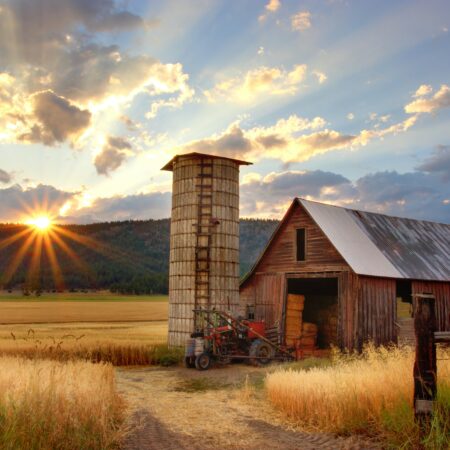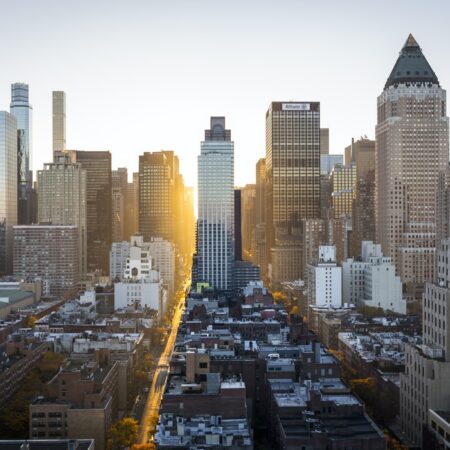One of the most unexpected consequences of the current crisis has been the abandonment of big cities. This was caused by an unprecedented chain reaction: the lockdown made remote work necessary, which in turn made living in the city pointless for many. It is now a well-known fact, for instance, that New York’s moving companies have been doing very well, thanks to a massive exodus of professionals who have chosen to locate their home offices in the rural areas of New Jersey, where the cost of living is much lower, while the quality of life is much higher. We are therefore discovering that many people living in metropolitan areas, given the choice, would rather live in the countryside. What is the difference between these two lifestyles and what kind of person tends to choose one over the other?
The advantages of living in the countryside: life at a slower and more natural pace
It may seem obvious and almost ridiculous to say this, but breathing clean air is one of the main advantages of living in the countryside. For many, it can make a significant difference in terms of physical and mental health, especially for those who find it difficult to carve out their own space in a hectic environment. In recent years, thousands of articles have been published on how to improve work-life balance and almost all of them recommend adopting habits aimed at regaining control over one’s own time. From meditation to yoga, from walks in the park to ” technology detox”: human beings immersed in the rhythm of metropolitan spaces express a constant need to rediscover the pleasure of solitude, to get back in touch with nature, and to learn to listen to their body and mind. Many professionals who, thanks to the sudden switch to remote work, have been able to leave the city to go and live in the countryside have started to enjoy these benefits regularly and seem uninterested, for the time being, in returning to the “old” normal.
The advantages of living in the city: diversity and cultural stimuli matter
Literature and films feature plenty of characters who, transported out of their urban context, feel lost. Just think of all the movies in which Woody Allen professed his love for New York and his inability to survive even a short time away from Manhattan. Not all “metropolitan animals” are quite so extreme in their “addiction”, but it is undeniable that there are many people for whom the idea of living in the country is anything but relaxing or reassuring. Those who enjoy live entertainment, for example, will hardly encounter the same cultural offer in a small village in the hills as in a multicultural city. In addition to socialising and leisure time, the city offers undeniable practical advantages. Those who do not drive, for instance, are much less penalised in a big capital city than in a small country village. In most cities, it is easy to get around on foot, by bicycle or public transport, whereas distances in the countryside can be forbidding and require the use of a car for shopping or any other activity that cannot be done at home. Finally, it should not be forgotten that the urban environment is often an indispensable connector for those with special needs, for disabled and chronically-ill people: the accessibility of health facilities and constant work on architectural barriers can make the difference between a full, safe, and rewarding life and a condition of permanent isolation that prevents individuals from being part of the social discourse.
Wealth redistribution
The exodus to the countryside also has another function, of course: in view of a crisis that is expected to be neither short nor easy to solve, many choose to move to areas with the lowest cost of living, in order to save resources at a time when the income of professionals and companies has been drastically reduced. Even those who have not lost their jobs or suffered a substantial economic setback may choose to save money to prevent future hardship (such as businesses shutting down or the loss of important clients). We can project this situation into a medium- or long-term perspective in the future, in which the crisis will subside, but remote work will still be popular. With the same level of employment and income, a large group of professionals will experience a lower cost of living and therefore a greater availability of disposable income. What impact will this have on consumption and therefore on the economy in general? In what areas will these resources be invested? At the moment we can only speculate, but it is easy to predict that this will be one of the most interesting topics to discuss in the near future.

